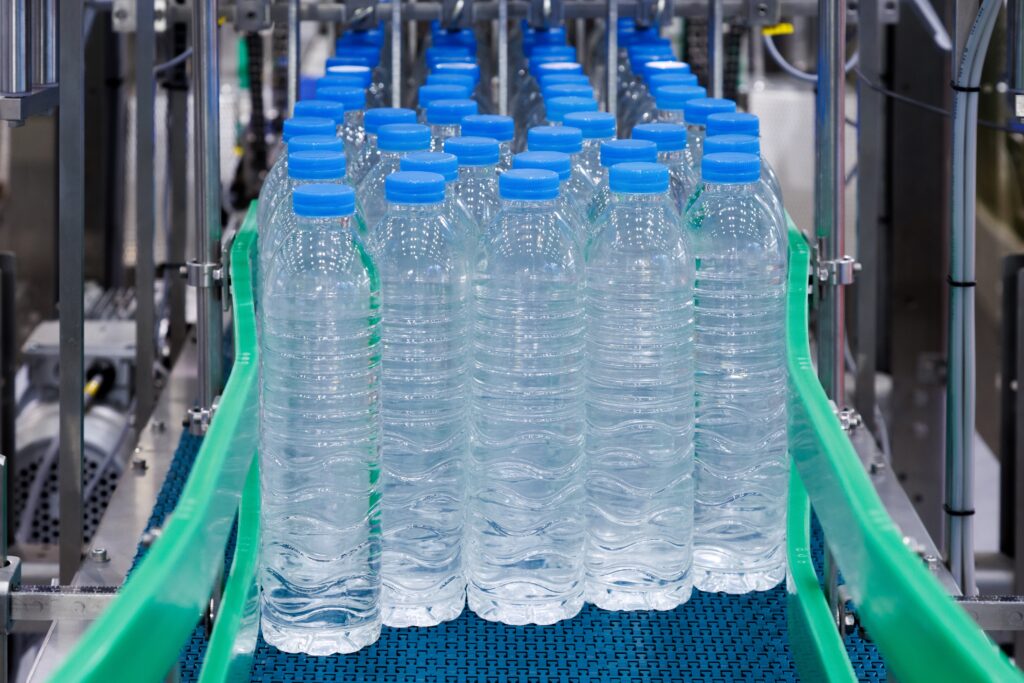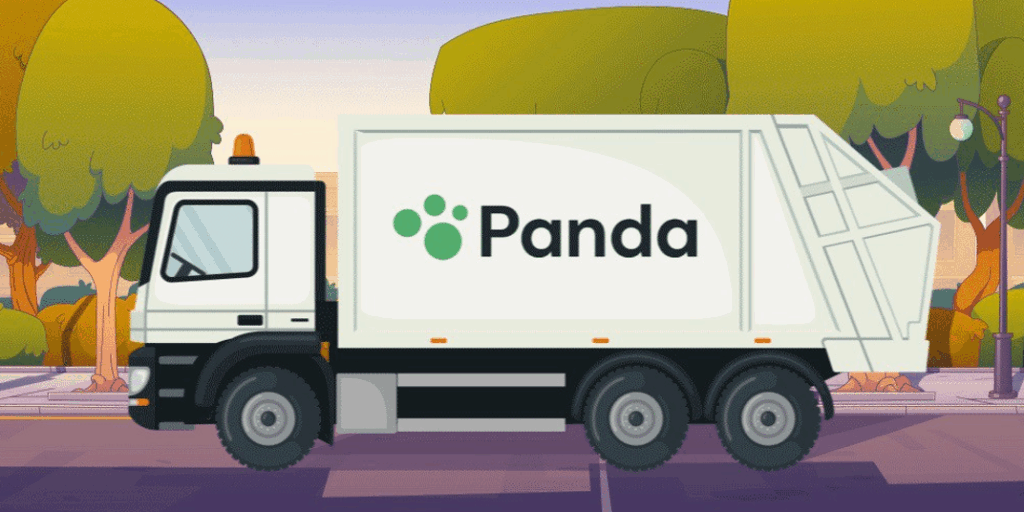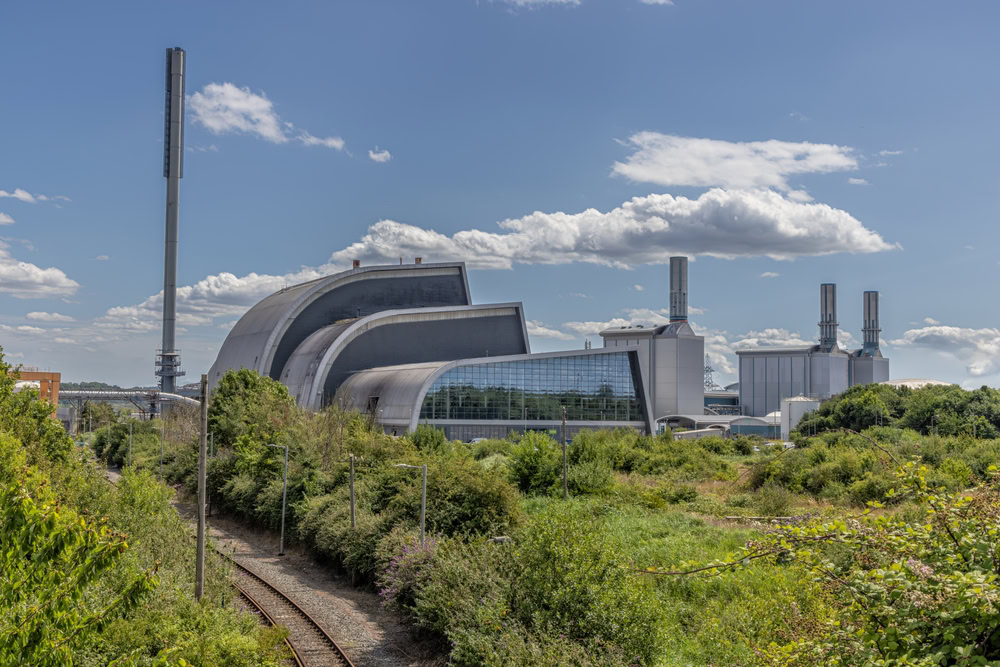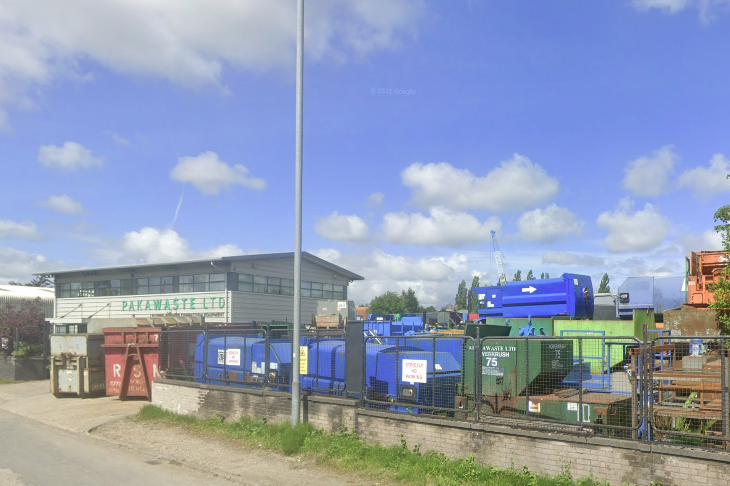Despite impending mandates and ambitious corporate targets, chemical recycling in Europe remains in early development stages.
For example, recycled polyolefins – a type of thermoplastics – currently cost more than twice as much at produce as virgin polyolefins.
The deficit was revealed in a new report published by consultancy Bain & Company which looked into improving the situation economically.
Mark Porter, head of Bain & Company’s global Chemicals practice, said: “Our analysis shows that chemical recycling could become competitive with virgin production once cumulative global volume reaches 650 million metric tons of polyolefins recycled through pyrolysis, assuming a virgin price of €1,250 per metric ton and depending on gate fees and broader market conditions.
“This would take at least 20 to 30 years and by then recycled plastic would account for approximately 20-30% of total plastic demand.”
The report found that market forces alone are insufficient to drive change as customer demand is highly price sensitive and volumes are too limited to generate substantial cost benefits.
However, policy could play a significant role in closing the supply-demand gap.
The report suggested that European plastic companies could start small and gradually increase recycled material blending requirements, much like the sustainable diesel and aviation fuel mandates.
For instance, country-level or regional blending mandates that increase chemical recycling market penetration by 1–2% annually could unlock over 15% share of the plastics market by 2040.
Bain & Company said that longer term, maturing technologies and accumulated operational experience would then unlock cost efficiencies and eventually close the gap with virgin plastics.
Porter added: “Moving the needle will require a systems approach with regulatory support.
“Once scale reaches critical mass, chemical recycling can transition from a subsidy-reliant push to a demand-driven pull.
“That inflection point could fundamentally shift the economics, turning chemical recycling into a competitive, market-driven solution.”
Strategies for growing chemical recycling companies
The report outlines three strategies for plastics producers to become chemical recycling leaders.
First, companies need to proactively co-create offtake opportunities in close collaboration with value chain partners while setting themselves up for long-term advantage.
Early movers can lock in premium waste streams and serve high-value customers, creating a virtuous cycle of scale and performance. These positions are hard to replicate once established.
Second, leading companies should actively engage with regulators on policy levers that are critical to their businesses and help to materialise them.
Reframing public dialogue and perception around the role of plastics is equally important, highlighting both the performance benefits and the sustainability potential of plastics when managed responsibly.
Lastly, producers must be willing to be flexible and “rewrite their playbooks”. Leaders will experiment with new business models, novel sourcing strategies, and unconventional partnerships.
That could mean forming 10-year offtake agreements with dynamic pricing mechanisms – the kind of creative moves that may be invisible from the outside but lay the groundwork for future advantage.








Subscribe for free